Financial Responsibility:
Understanding Bail Bond Costs
Obtaining a bail bond is often the most practical option for individuals who cannot afford to pay their bail in full. However, it’s essential to understand the financial aspects of securing a bail bond, including the associated costs and payment options.
When you work with a bail bondsman, you’ll typically pay a non-refundable fee, commonly known as the premium. This fee is usually a percentage of the total bail amount, typically around 10% in most cases. For example, if the bail is set at $10,000, you would pay the bondsman a premium of $1,000.
In addition to the premium, there may be other fees associated with obtaining a bail bond, such as administrative fees or processing charges. It’s essential to clarify these fees with the bondsman upfront to avoid any surprises later on.
Fortunately, many bail bond companies offer payment options to accommodate their clients’ financial situations. Some may allow you to pay the premium in installments or offer financing plans with flexible terms. Additionally, you may be required to provide collateral, such as property or valuables, to secure the bond.
It’s crucial to discuss payment options and any collateral requirements with the bail bondsman before entering into an agreement. By understanding the costs associated with obtaining a bail bond and exploring your payment options, you can make informed decisions that align with your financial situation.
continue reading




